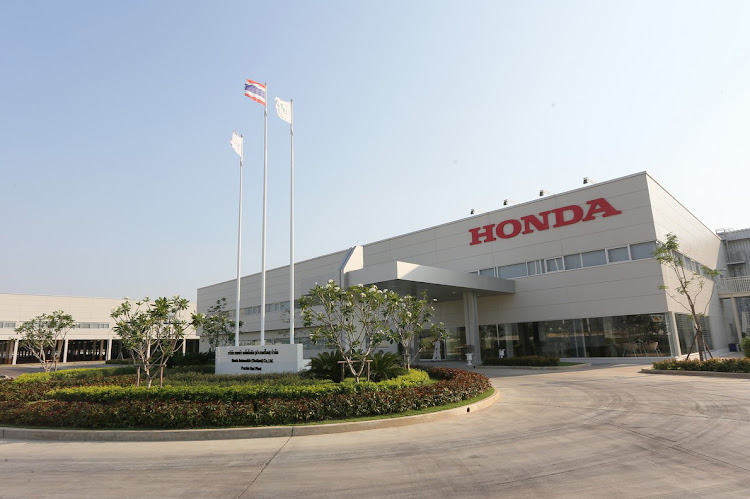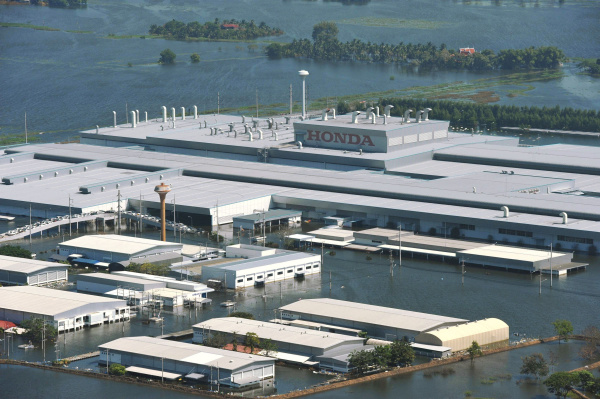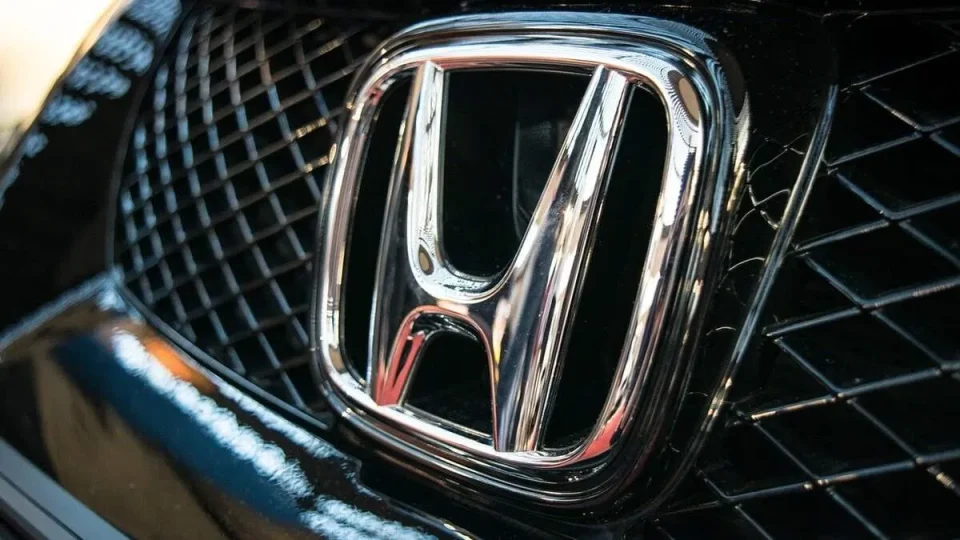Honda Motor will halt vehicle production at its factory in Ayutthaya province, Thailand, by 2025, consolidating output at its Prachinburi plant, the Japanese automaker announced on Tuesday. This decision reflects the increasingly challenging market conditions in Southeast Asia, as Chinese brands aggressively seek to gain market share in Thailand and consumer demand for electric vehicles grows.
The Ayutthaya plant, which opened in 1996, will shift to producing car parts once vehicle manufacturing ceases next year, a company spokesperson said. Vehicle production will be consolidated at the Prachinburi plant, opened in 2016. These are Honda’s only two plants in Thailand.
Combined production at these plants has declined from 228,000 vehicles in 2019 to under 150,000 annually over the past four years. Honda’s sales in Thailand have also been below 100,000 annually during this period. The company aims to address the discrepancy between production and sales in Thailand.

Despite the production shift, Honda has been exporting vehicles from Thailand to other Southeast Asian markets, including Indonesia and the Philippines. However, the company has no current plans for new investments in Thailand.
In China, Honda and fellow Japanese automaker Nissan Motor have faced significant competition from emerging Chinese brands offering affordable, software-equipped EVs and plug-in hybrids. Japanese automakers risk losing customers in other markets, such as Southeast Asia, to these rising Chinese brands, which are expanding car exports and setting up overseas factories.
Recently, China’s BYD opened a plant for battery-powered cars in Thailand, part of a wave of over $1.44 billion in investments from Chinese EV makers establishing factories in the country.






